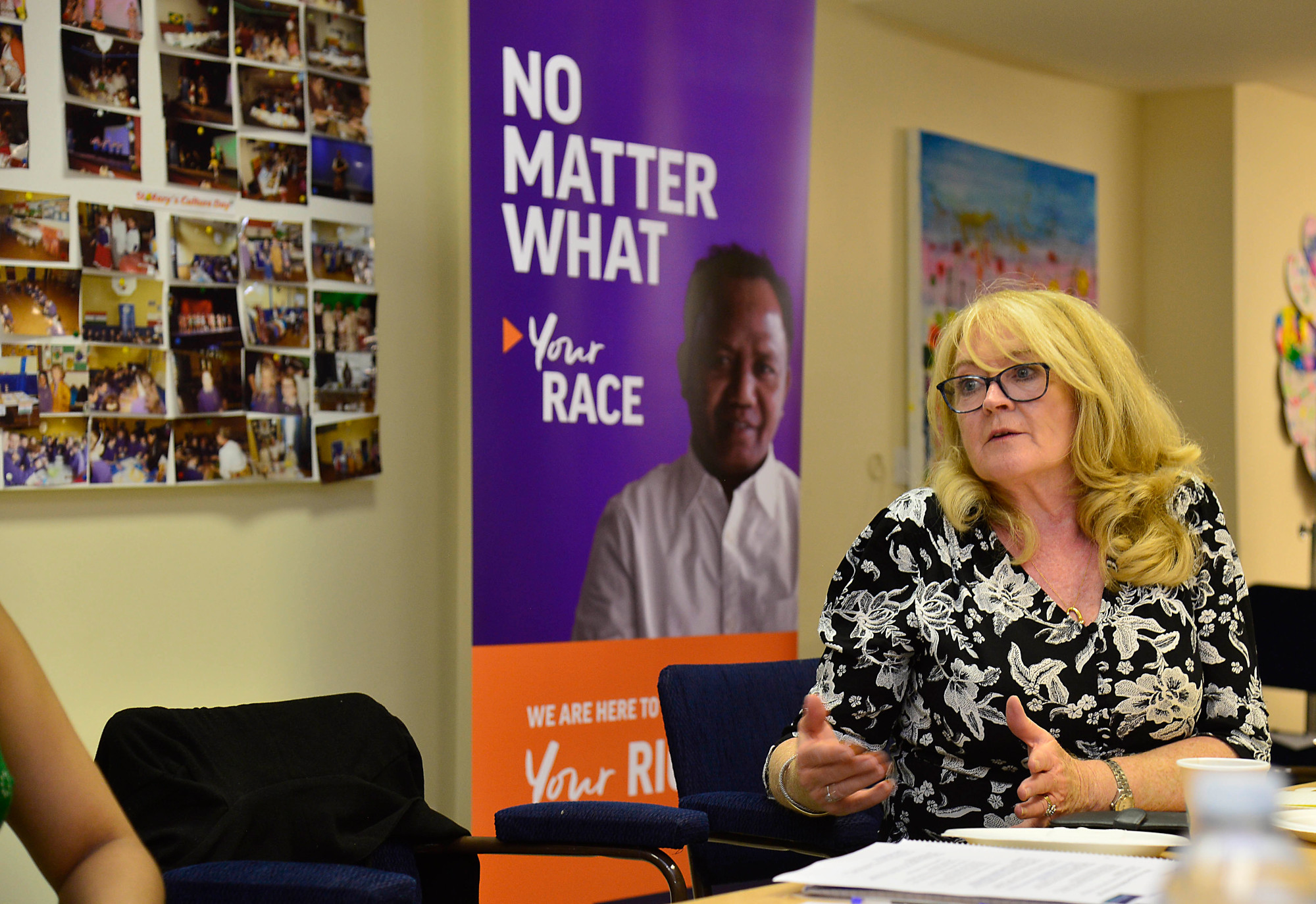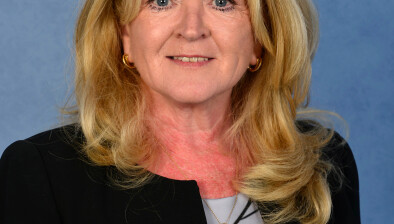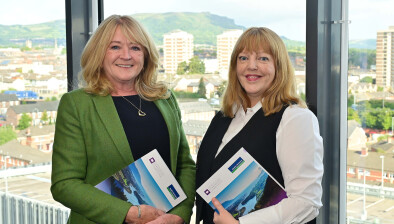Racism ‘part of daily life’ in Northern Ireland after Brexit

Pictured: Geraldine McGahey, chief commissioner of the Equality Commission for Northern Ireland
Racism is “a normal part of day-to-day-life” for people in Northern Ireland from minority ethnic and migrant groups, according to new research commissioned by the Equality Commission for Northern Ireland.
The rights body commissioned independent think tank Pivotal to examine the actual, perceived, and potential socioeconomic impacts of Brexit on minority ethnic and migrant people in Northern Ireland.
The 127-page report states that life in Northern Ireland is much more difficult for many minority ethnic and migrant people following Brexit, but in some areas, it remains difficult to identify the impact of Brexit specifically.
Chief commissioner Geraldine McGahey said: “It is disturbing that the most striking findings of this recent research are that people from minority ethnic and migrant groups said that racism was a normal part of their daily life in Northern Ireland and that women are particularly exposed to racism.
“It also found that there was a widespread perception that Brexit had led to an increase in the expression of racism. We know racism is not new to Northern Ireland, and its impact is devastating.”
She continued: “Unfortunately, it’s not surprising that the research reports that participants feel that they are not a priority for the government in Northern Ireland. They also feel that their rights and entitlements have become more complicated since Brexit.
“They reported that changes to immigration status for those from EU countries have created uncertainty and difficulty. They raised problems with the EU settlement scheme process and their struggles to prove entitlement to access public services such as healthcare.
“They also raised concerns about insufficient government funding to address community need, limited government preparation for the impacts of Brexit, as well as what they see as institutional racism and racial profiling.”










